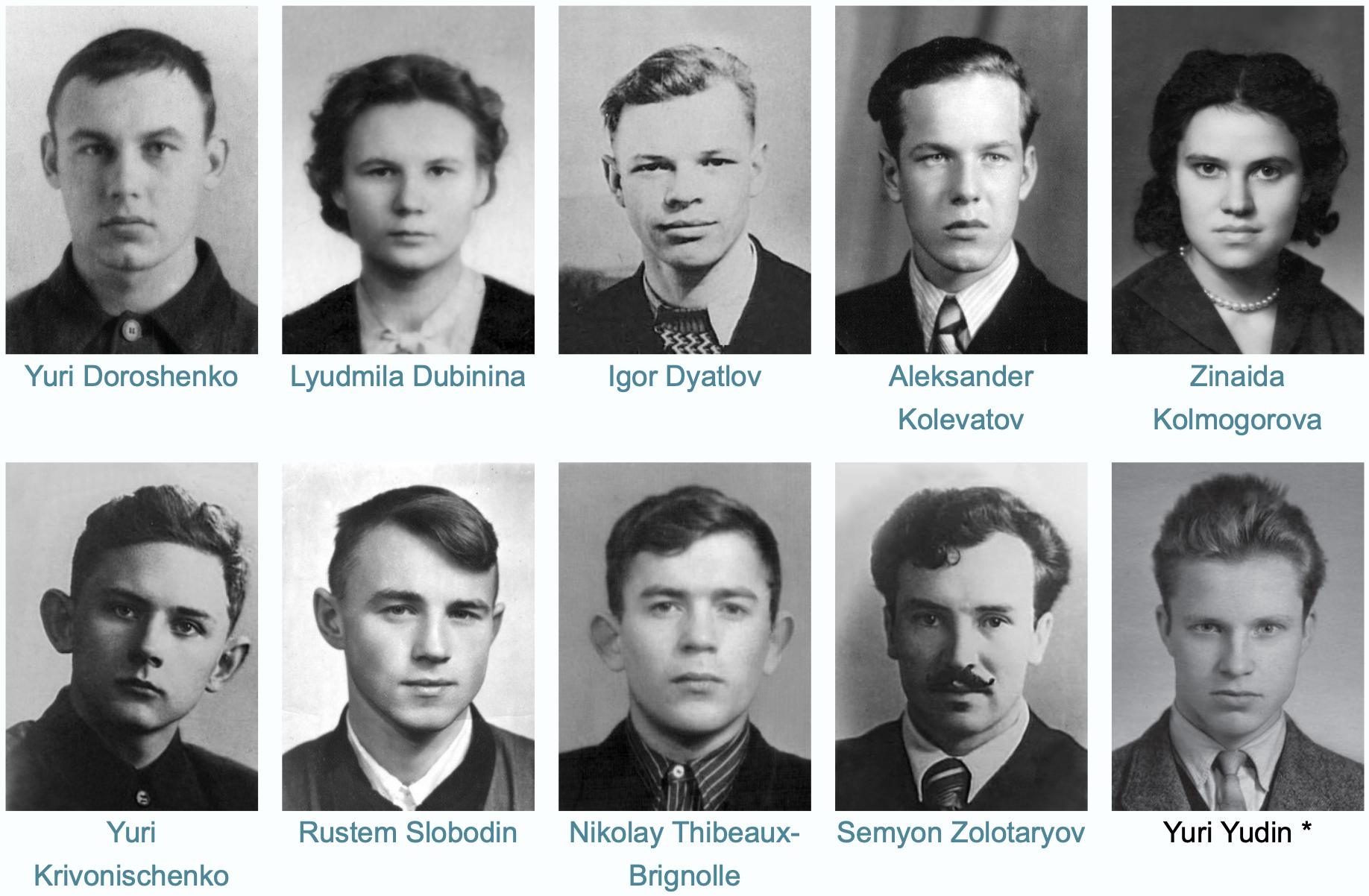What a freaking cocktail of subjects I am. Sometimes it seems to me that I am a classic specimen for studying many topics, such as the rupture of relationships with my father at a tender age, merging with my mother, and the subsequent desire to reunite with her...
Lindsay walked down the corridor, meeting friendly staff and visitors at the center.
The happiness and well-being radiating from them made Lindsay want to disappear. Not out of envy, but rather out of pain and bitterness for herself and her life.
I completely agree with this:
If you are thin (and have never been really overweight) - stop judging overweight people and giving them advice on how to lose weight. It's a separate topic - the psychology of a fat person. Everything is different there. So when thin people start reasoning and, worse, condemning someone with comments like 'how much can you eat?! Can't you control yourself?!', I want to smack them on the head... Overweight and thin people are always on different sides of the barricade.
The thing that amazes me most in life is people who try to teach me how to live in this regard.
The film, titled "Curve," can be interpreted in various ways, including as "body curve," "turn," or "curvature."
It begins with the beautiful and slender Uma Thurman walking down Wilshire Boulevard in Beverly Hills. She is dressed in a white pencil skirt, a sheer blouse with billowy sleeves, and a flowing white silk scarf.
There are three types of kindness.
The first type of kindness is the one a person needs and asks for.
In this case, whether to give them kindness or not depends on two factors: the degree of compassion and the internal feeling of the rightness of giving.
Yes, an immigrant (who is not surrounded by close people or is surrounded by those who were not around them in their homeland) may begin to yearn for the "old" days and familiar places particularly strongly.
I've determined a very important point. First and foremost, I will now always pay attention to how a person communicates. It doesn't matter - whether it's in person, over the phone, on Skype, or responding to comments in their journal....
Lately, I've been concerned (although I've almost gotten used to it, intellectually understanding it even though it's still difficult to accept) by the fact that many people draw conclusions about us based on fragments (even tiny pieces) of information about us, which not only cannot form any somewhat realistic picture but also completely distort the existing perception of us.
I was completely captivated by the Dyatlov Pass incident. I read every article I could find on the topic, including Matveeva's book. Yet, I couldn't find what I was searching for until I read "One Hundred Days in the Urals" and the publications marking the 40th anniversary.
Admitting honestly to oneself that I do not "love" people in the way I always thought I did might initially make me seem like a misanthrope. But when this idea is allowed to flow naturally, it becomes clear that I am somewhere in the middle.












